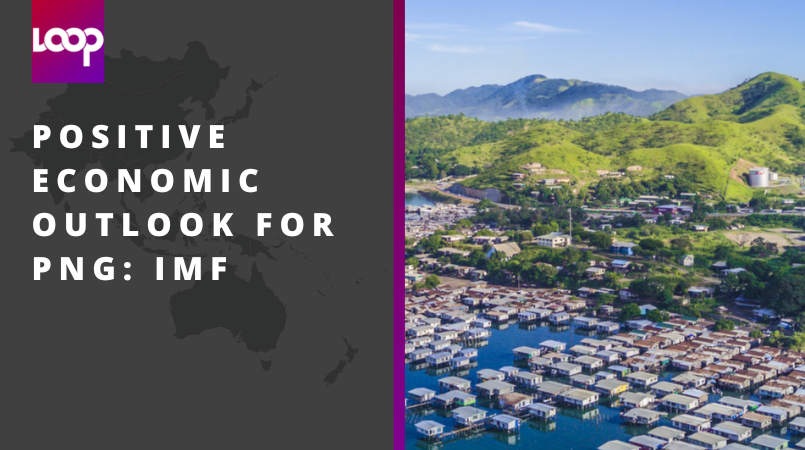
Papua New Guinea has experienced multiple external shocks and natural disasters in recent years.
These events have adversely impacted economic growth, worsened foreign exchange shortages that hampered private sector development, and increased public debt.
According to the International Monetary Fund (IMF), a recovery from the pandemic is now underway: real gross domestic product (GDP) is estimated to have grown by 4.5 percent in 2022 as most COVID-related restrictions were removed, allowing the non-resource sector to rebound.
The IMF has projected a positive economic outlook for PNG after the recovery from the recent pandemic.
Based on the IMF report, it is projected that growth in 2023 be 3.7 percent, driven by the non-resource sector while growth in 2024 is projected to accelerate to 4.4 percent, driven by the expected reopening of Porgera gold mine.
The post-pandemic recovery has also been supported by higher commodity prices, raising fiscal and export revenues, while causing domestic inflation to rise.
The medium-term outlook is positive: there are good prospects of new investments in the resource sector, which would boost growth, exports, and fiscal revenue collection.
However, PNG is vulnerable to both domestic and external shocks, which is worsened by the buildup in public debt, ongoing FX shortages, and capacity constraints that impact the government’s ability to formulate and implement development policies.
As per the IMF Report, it is recommended that the authorities (Government) need to accelerate structural reforms to achieve resilient, inclusive, and sustainable growth.
Debt vulnerabilities will be addressed by sustaining ongoing fiscal consolidation efforts while creating space to tackle development needs and preserve social spending.
To reduce foreign exchange shortages, it is recommended that the authorities (Government) are committed to strengthening central bank operations and moving gradually to a market clearing exchange rate.
To foster greater transparency and accountability and strengthen the investment climate, the authorities (Government) will build on recent improvements to the anti-corruption and governance frameworks and make them effective.
